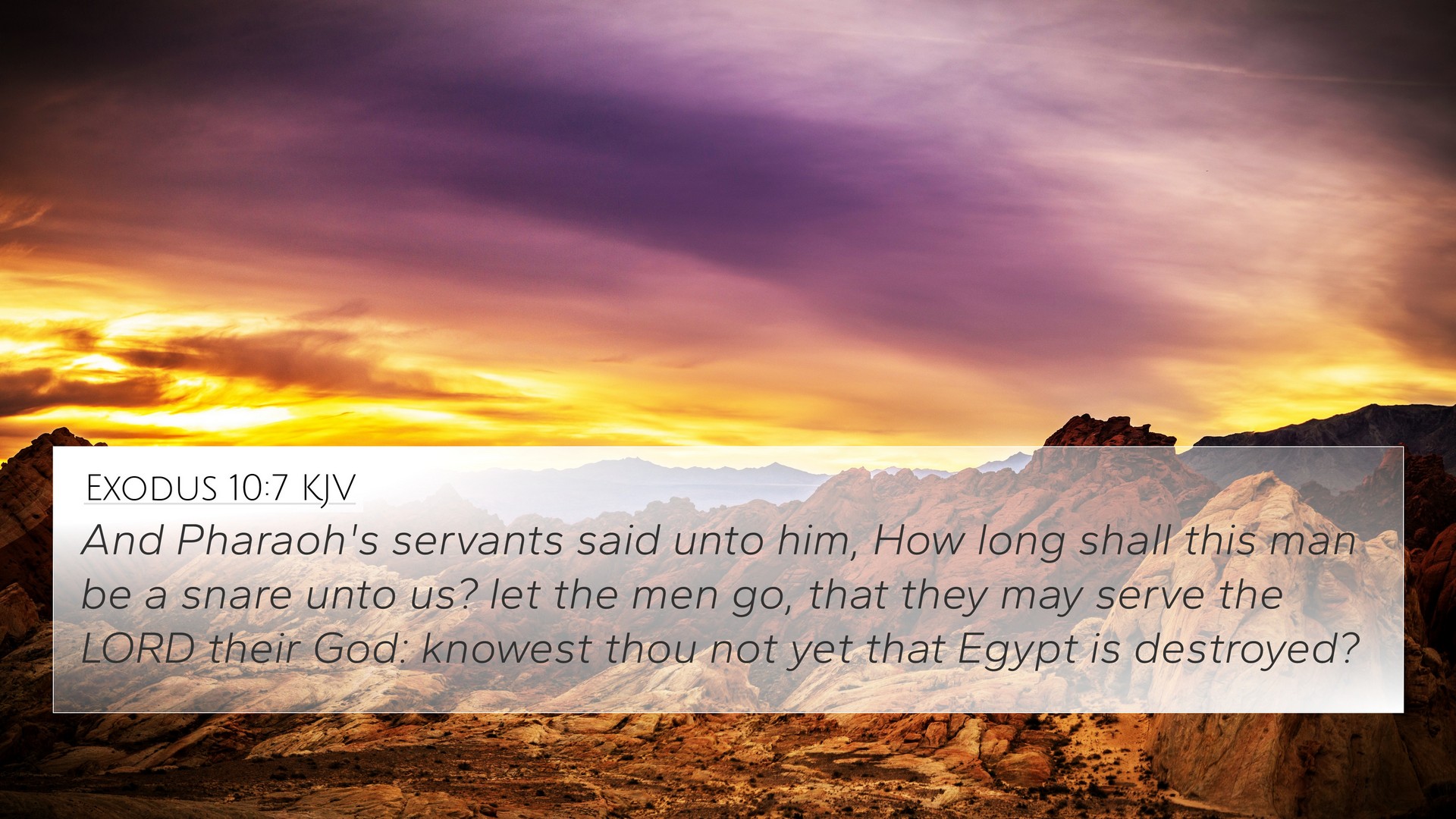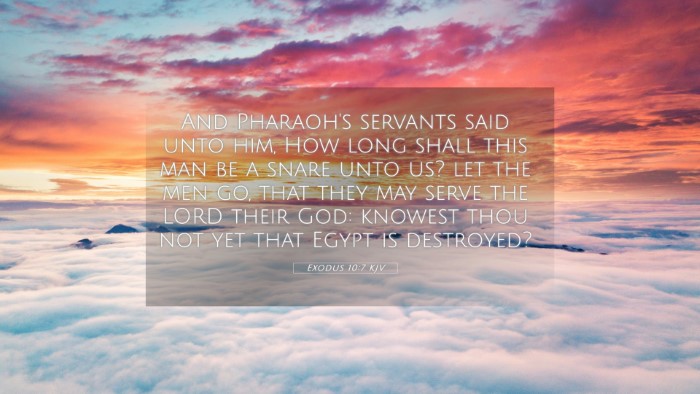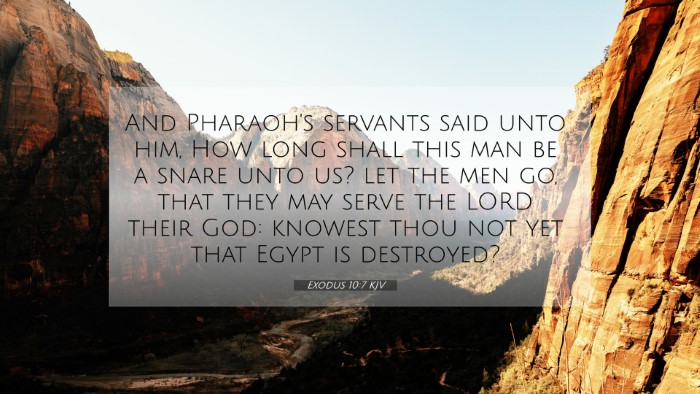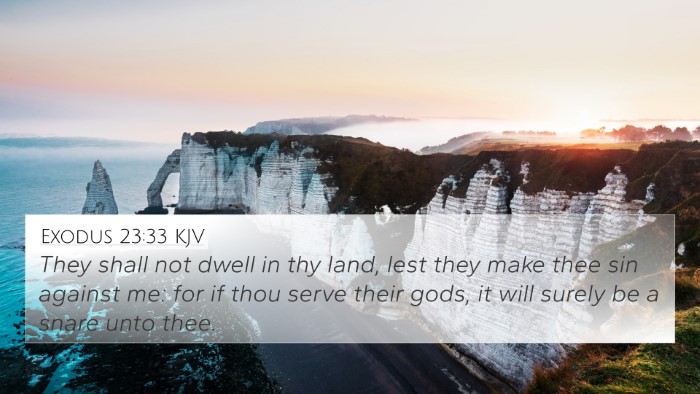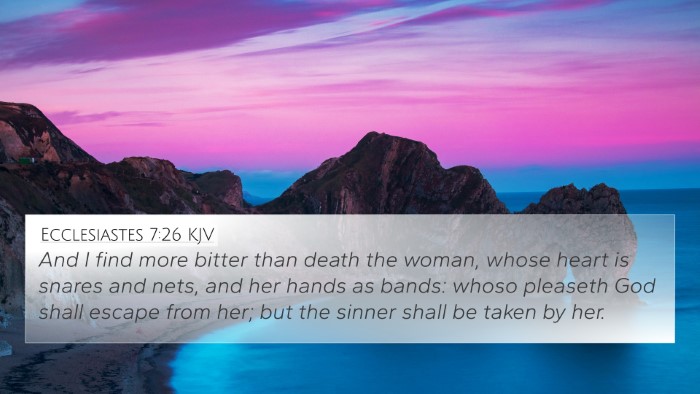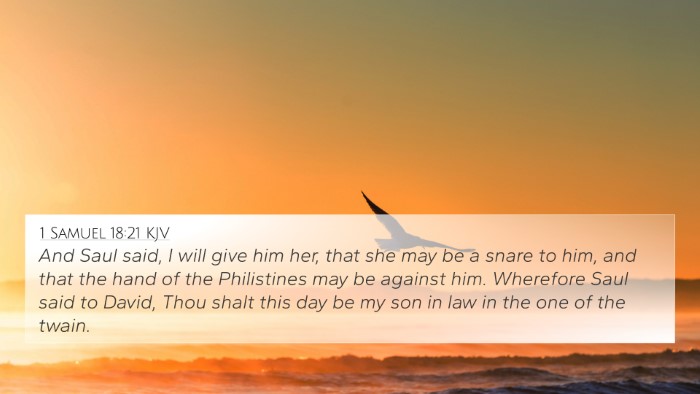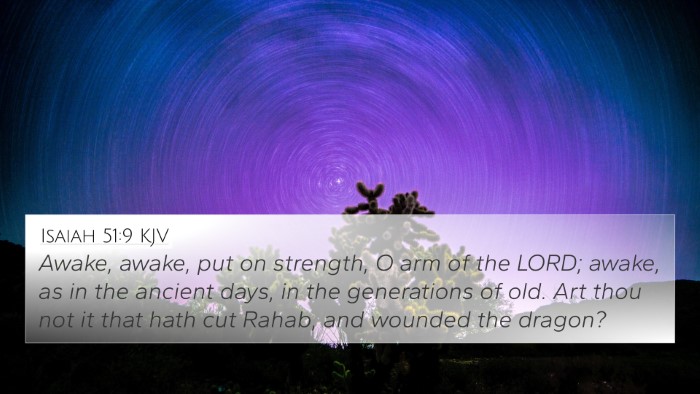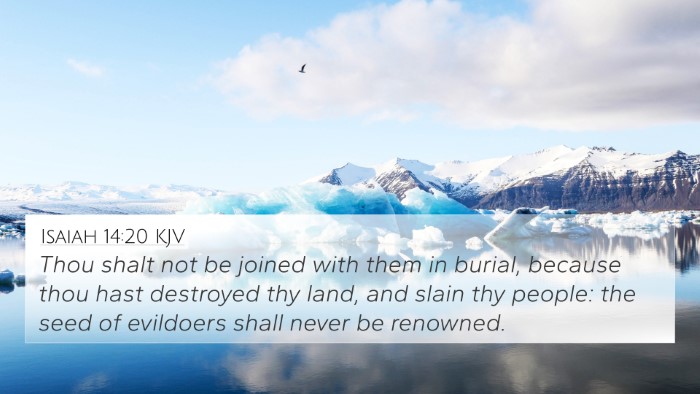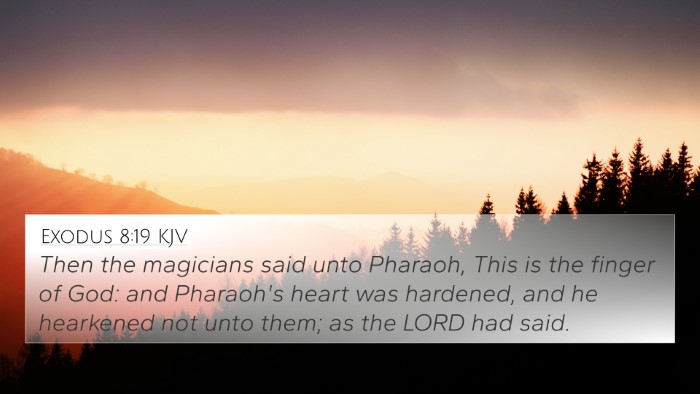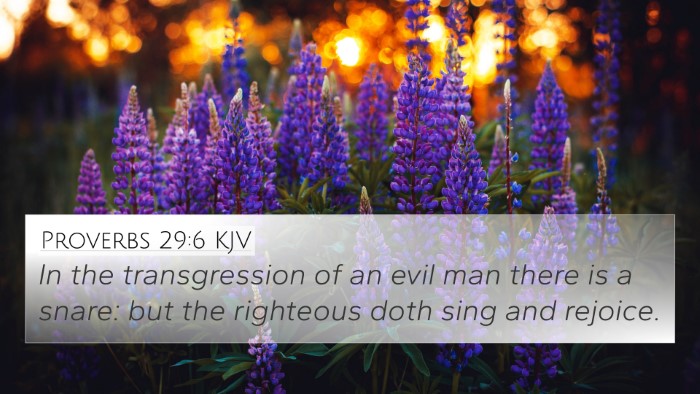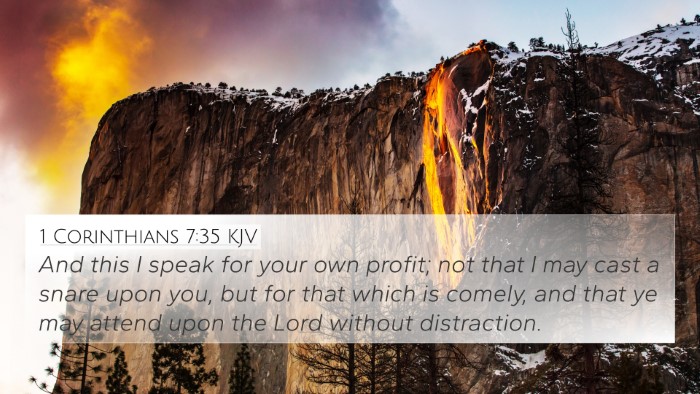Understanding Exodus 10:7
The verse Exodus 10:7 reads: "And Pharaoh's servants said unto him, How long shall this man be a snare unto us? let the men go, that they may serve the LORD their God: knowest thou not yet that Egypt is destroyed?" This verse captures a moment of desperation among Pharaoh's advisors during the plagues in Egypt, emphasizing the growing realization of the devastation caused by the refusal to heed God's command.
Summary of Insights from Public Domain Commentaries
In examining this verse, we can draw significant insights from respected biblical commentators such as Matthew Henry, Albert Barnes, and Adam Clarke.
Matthew Henry's Commentary
Henry highlights the fear and frustration expressed by Pharaoh's servants. They see the tangible consequences of Pharaoh's stubbornness and realize that their refusal to obey God's command is not just affecting the Israelites, but is also leading to the ruin of their own nation. This can be seen as an important lesson on the repercussions of disobedience.
Albert Barnes' Notes
Barnes notes that this statement from Pharaoh’s servants illustrates the transition from blind allegiance to awakening awareness. The servants, who initially supported Pharaoh's hardness of heart, begin to see the futility of their resistance against God’s will. Their plea for Pharaoh to release the Israelites shows their shift in perspective from loyalty to urgency for survival.
Adam Clarke's Commentary
Clarke examines the despair felt in Egypt due to the plagues and discusses the wider implications of Pharaoh’s obstinacy. He comments on the idea of leadership and responsibility—highlighting how true leaders should heed the warnings of those they lead. The cry of the servants represents a cry for rationality and governance based on divine guidance rather than obstinate pride.
Bible Verse Cross-References
This verse connects to various other scriptures that emphasize themes of divine sovereignty, human disobedience, and the consequences of refusing to heed God's commands. Here are some pertinent cross-references:
- Exodus 5:2 - Pharaoh's hardened heart against God.
- Exodus 9:27-28 - Pharaoh acknowledging his sin after a plague.
- Exodus 10:1 - God hardening Pharaoh's heart for the purpose of demonstrating His power.
- 1 Samuel 6:6 - The Philistines recognizing the consequences of resisting God.
- Romans 1:21-22 - Describing how people become futile in their thoughts when they reject God.
- Hebrews 3:15 - A warning against hardening one's heart as the Israelites did.
- 2 Chronicles 36:16 - The consequences faced by those who rejected God's messengers.
Connecting Themes
The themes within Exodus 10:7 highlight a range of theological discussions regarding:
- God's sovereignty: The affirmation of God's power over earthly kings and nations.
- Human pride: Pharaoh's initial hardness reflects a deeper human inclination to resist divine authority.
- Divine judgment: The plagues serve as judgments on Egypt, illustrating the consequences of turning away from God.
- Repentance and recognition: Pharaoh's servants represent the recognition of sin and the need for repentance in response to God's discipline.
Tools for Bible Cross-Referencing
For those seeking to study the connections between Bible verses, utilizing bible concordances, bible cross-reference guides, and other bible reference resources can greatly enhance understanding. These tools help in:
- Identifying cross-references: Finding themes and parallels within scripture.
- Contextual understanding: Gaining insight into how different verses relate to one another.
- Comparative Bible verse analysis: Initiating deeper studies of theological themes.
Conclusion
Exodus 10:7 offers profound insights into the nature of disobedience and the importance of recognizing God's authority. The connections made with other scriptures further illuminate the ongoing dialogue present in the Bible regarding human nature and divine intervention. As we continue to explore these themes, we can better understand the essence of faith and obedience in our own lives.
